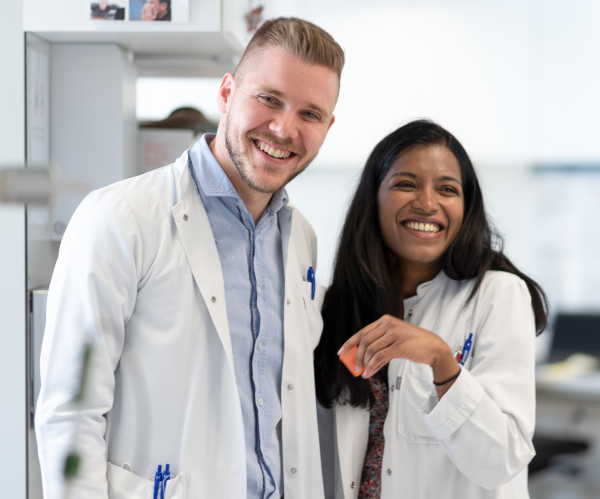für Innere Medizin II
direktion.med2@mri.tum.de
Understanding the molecular underpinnings of cellular plasticity in organogenesis, regeneration, and cancer initiation and dissemination. Generation of novel in vitro culture systems (e.g. organoids) from GI cancer patients to determine prognosis, treatment response and resistance mechanisms.


Team
Research background
Our group focuses on pancreatic development and disease with a strong interest in the molecular underpinnings of cellular plasticity in organogenesis, regeneration, and cancer initiation and dissemination. Using system biology approaches as well as complementary in vitro and in vivo assays, the laboratory addresses questions related to both basic as well as translational biology. Expertise in development of genetic mouse models allows targeted manipulation of candidate genes and their subsequent molecular and phenotypic characterization. Using a combination of high-throughput transcriptional profiling as well as genetic lineage labeling, the laboratory can interrogate both the biochemical and cellular effects of the introduced genetic manipulation.
In particular, the generation of primary pancreatic cells lines from genetically-engineered mouse models and their analysis in three-dimensional culture systems as well as their orthotopic and intravascular re-introduction into mice allows the laboratory to address specific steps in cancer formation and the metastatic cascade.
Publications
> PubMed
Medical theses ⎮ PhD
Maximilian Reichert welcomes inquiries from highly motivated and intellectually curious scientists at all levels of training.